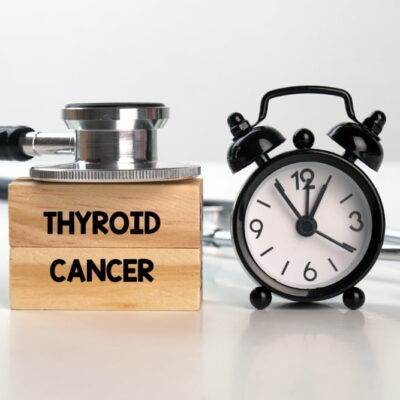
6 Tips for Preventing Heart Disease
Heart disease is among the leading causes of death in the country and is also a common cause of disability. There are several risk factors that can increase a person’s susceptibility to developing heart disease. While some of these factors can be controlled, many cannot. However, understanding them can help to reduce the risk of heart disease. Additionally, some tips can help to prevent heart disease altogether. Read on to learn more.
Have a heart-healthy meal plan
Eating a healthy and balanced meal plan has many benefits, such as guarding against heart disease, lowering the risk of diabetes, and improving cholesterol and blood pressure levels. To maintain a heart-healthy meal plan, one must include healthy foods such as whole grains, fruits, vegetables, low-fat dairy, and beans. However, it is also important to limit the consumption of high-sodium, sweetened, and processed foods, as well as trans and saturated fats and refined carbohydrates.
Monitor blood pressure regularly
Ideally, one must check one’s blood pressure at least once every two years. Those with high blood pressure or other heart disease risk factors must monitor their blood pressure frequently. Hypertension or high blood pressure has no signs. Hence, it is paramount to monitor it regularly. If one has high blood pressure, one’s healthcare expert will suggest lifestyle changes, such as prescription treatments or lowering sodium intake to lower the blood pressure.
Manage diabetes
This is a significant risk factor for heart disease. It harms the body’s organs when left untreated and can result in stroke, peripheral artery disease, and other complications. So, if one has diabetes, it is important to take active measures to manage it to prevent heart disease. Exercising, taking prescription treatments suggested by a healthcare expert, getting regular checkups, and eating a balanced meal can be excellent preventive measures.
Be physically active
Exercising is one of the best ways to maintain fitness, age well, and reduce the risk of diseases. It is recommended that all adults should aim for at least 150 minutes of moderate-intensity aerobic exercise or 75 minutes of vigorous physical activity each week. If one is already active, one can increase the intensity to achieve greater benefits. However, if one is not currently exercising, it is important to start as soon as possible.
Get enough sleep
Getting enough sleep is important for maintaining good health. Not getting enough sleep can increase the risk of health problems, such as high blood pressure and diabetes, which in turn can increase the risk of heart disease. Most adults need to sleep for 7 to 9 hours per night to function properly. To ensure sound sleep, it is recommended to establish a healthy bedtime routine and follow it regularly. However, if one experiences frequent sleep problems, it is important to consult a healthcare provider as it can increase the risk of heart disease.
Get a yearly checkup
It is recommended to schedule an appointment with a doctor on an annual basis to evaluate one’s overall health and vital signs. Based on the examination, one’s healthcare provider will recommend the frequency of blood tests to measure one’s blood sugar, cholesterol, and other levels. By keeping up with the appointments, the doctor can catch early signs of heart disease. As with almost every health condition, an early diagnosis can increase the chances of successful treatment.


